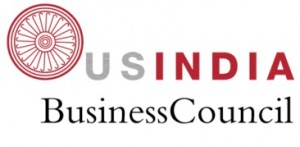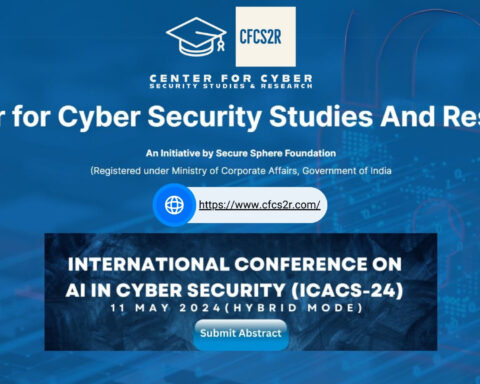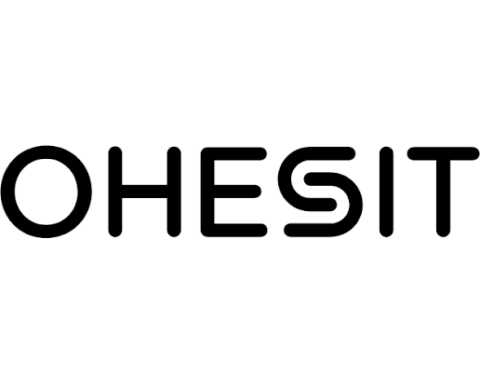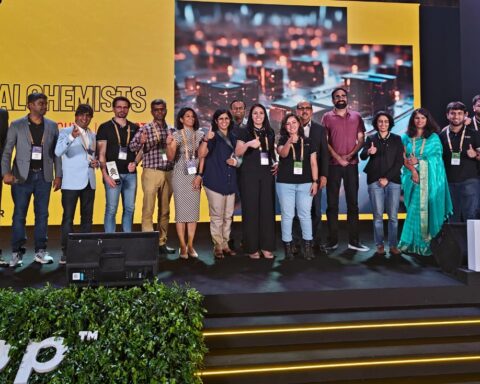Tech companies convene in Delhi to advance goals on cyber security, regulatory reform, and e-commerce
The U.S.-India Business Council (USIBC) is currently leading a group of U.S. technology industry executives for  three days of meetings with government officials across the spectrum of Ministries and Departments that regulate and promote India’s digital economy sector. With the conclusion of Prime Minister Narendra Modi’s recent trip to Silicon Valley to promote the Digital India campaign, U.S. companies are excited to deepen their cooperation with the Government of India to usher in a new era of growth in India’s technology sector.
three days of meetings with government officials across the spectrum of Ministries and Departments that regulate and promote India’s digital economy sector. With the conclusion of Prime Minister Narendra Modi’s recent trip to Silicon Valley to promote the Digital India campaign, U.S. companies are excited to deepen their cooperation with the Government of India to usher in a new era of growth in India’s technology sector.
“U.S. companies are excited with the level of commitment the Prime Minster has shown to advance his vision of Digital India,” said Neil Bjorkman, Director of Digital Economy at USIBC, “We are here in Delhi to meet with officials from all levels of government to highlight the importance industry places on the Prime Minister’s vision.”
The delegation, led by executives from Oracle, Amazon, and HP, will focus on three key areas related to ease of doing business: cybersecurity, regulatory reform for manufacturing IT products, and e-commerce.
For cybersecurity, the delegation will be focused on deepening industry’s role with both the U.S. and Indian governments. USIBC successfully hosted an industry interaction with the principal government officials from both governments prior to the U.S.-India Cybersecurity Dialogue in August. “As a follow up to our interaction with senior officials prior to the U.S.-India Cybersecurity Dialogue, we will continue to emphasize the need for consultation with businesses that have the technology and resources to help India protect its critical infrastructure,” said Joe Alhadeff, Chairman of the USIBC Digital Economy Executive Committee. “In our meetings this week, we will advocate for continued and enhanced consultation as well as public-private partnerships, where appropriate,” he said.
The delegation will also be continuing and reshaping the advocacy campaign to work with the Government of India to align their IT product certification process with global standards. “Since 2012, global electronics manufacturers have faced a regulatory bottleneck. This is because Indian safety regulations, known as the Compulsory Registration Order issued by the Ministry of Communications & IT, replicate the internationally accepted safety certification standards that companies already certify to,” said Bjorkman. “This bottleneck drives up the cost of IT products for Indian consumers but does not make them safer. We will continue to urge the Government to remove duplicative testing and lessen the related administrative burdens.”








